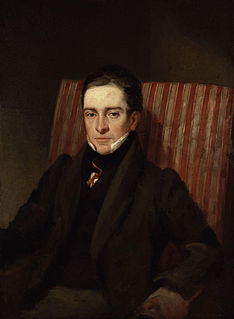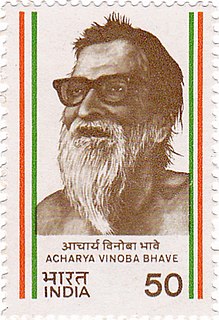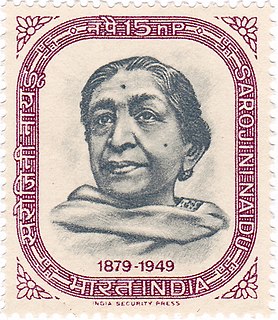A Quote by Sappho
Stars veil their beauty soon / Beside the glorious moon, / When her full silver light / Doth make the whole earth bright.
Related Quotes
Tonight, I should watch the sun set, and think of the impending darkness as a metaphor for my wasted life: once it was bright, and full of potential, and now it is dark and hopeless and bleak. I should not make the mistake of thinking that the moon and the stars represent slim glimmers of hope, or evidence that there is light on the other side. Even if there is light somewhere I will never walk in it again.
When she took her opposite place in the carriage corner, the brightness in her face was so charming to behold, that on her exclaiming, "What beautiful stars and what a glorious night!" the Secretary said "Yes," but seemed to prefer to see the night and the stars in the light of her lovely little countenance, to looking out of window.
The Sword of Elendil was forged anew by Elvish smiths, and on its blade was traced a device of seven stars set between the crescent Moon and rayed Sun, and about them was written many runes; for Aragorn son of Arathorn was going to war upon the marches of Mordor. Very bright was that sword when it was made whole again; the light of the sun shone redly in it, and the light of the moon shone cold, its edge was hard and keen. And Aragorn gave it a new name and called it Andúril, Flame of the West.
Oh, she doth teach the torches to burn bright! It seems she hangs upon the cheek of night Like a rich jewel in an Ethiope’s ear, Beauty too rich for use, for earth too dear. So shows a snowy dove trooping with crows As yonder lady o'er her fellows shows. The measure done, I’ll watch her place of stand, And, touching hers, make blessèd my rude hand. Did my heart love till now? Forswear it, sight! For I ne'er saw true beauty till this night.
I could distinguish the shape of her bosom, her arms, her thighs, just as I remember them now, just as now, when the Moon has become that flat, remote circle, I still look for her as soon as the first sliver appears in the sky, and the more it waxes, the more clearly I imagine I can see her, her or something of her, but only her, in a hundred, a thousand different vistas, she who makes the Moon the Moon and, whenever she is full, sets the dogs to howling all night long, and me with them.
When we will all see our role in society as servants, we will all light up the sky together like countless stars on a dark night. Don’t think of society as the sky on a full moon night. The moon’s harsh light blinds us to the true and humble work of the stars. But on a moonless night, the true servants shine forth, as though they are connected invisibly in this vast and infinite cosmos.
Nay, do not grieve tho' life be full of sadness,
Dawn will not veil her spleandor for your grief,
Nor spring deny their bright, appointed beauty
To lotus blossom and ashoka leaf.
Nay, do not pine, tho' life be dark with trouble,
Time will not pause or tarry on his way;
To-day that seems so long, so strange, so bitter,
Will soon be some forgotten yesterday.
Nay, do not weep; new hopes, new dreams, new faces,
The unspent joy of all the unborn years,
Will prove your heart a traitor to its sorrow,
And make your eyes unfaithful to their tears.
What was supposed to be so special about a full moon? It was only a big circle of light. And the dark of the moon was only darkness. But halfway between the two, when the moon was between the worlds of light and dark, when even the moon lived on the edge...maybe then a witch could believe in the moon.





































